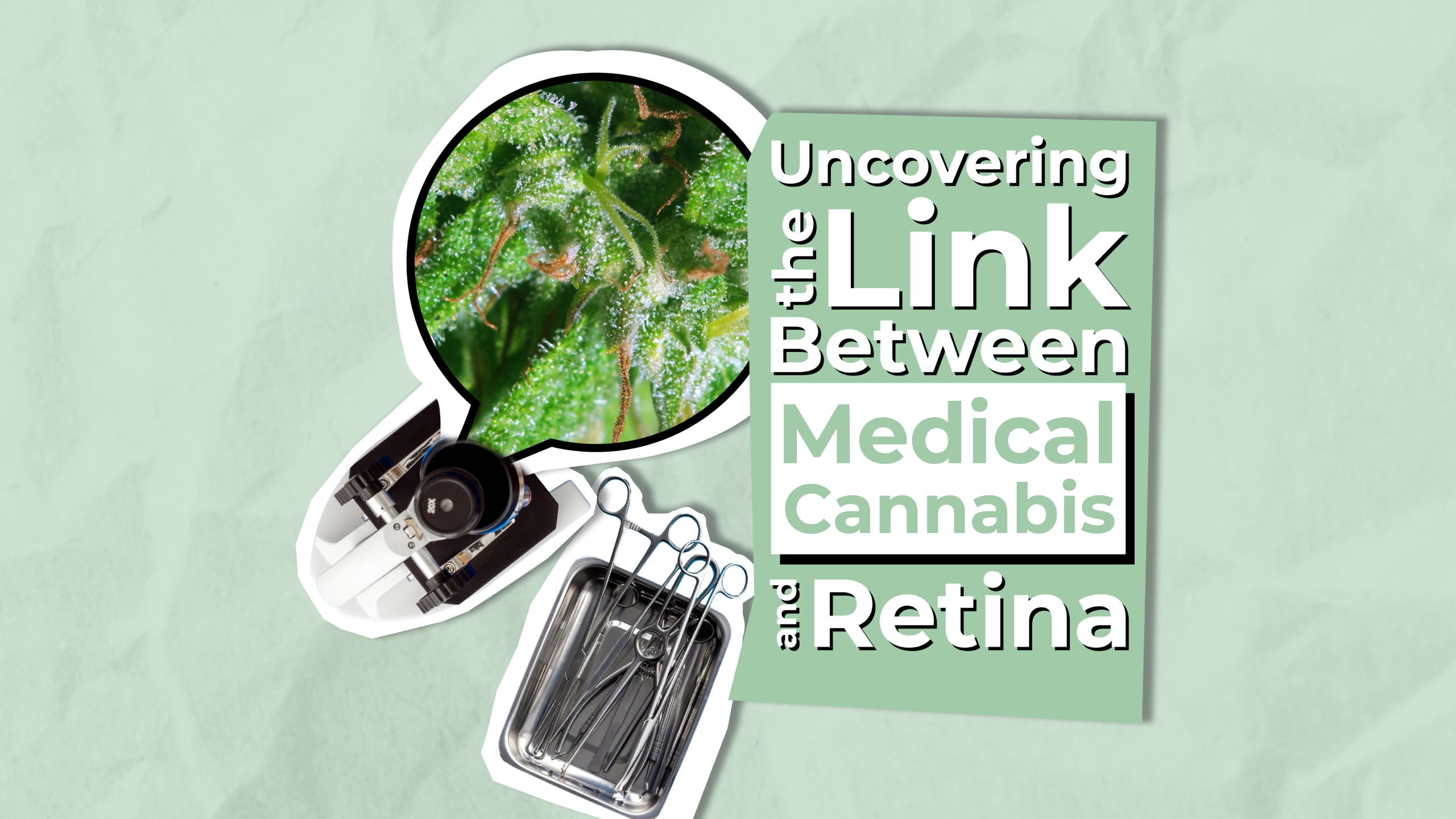New real-world data suggests cannabis might play a protective role in retinal healing after retinal detachment surgery.
A newly published study in JAMA Network has revealed an unexpected association between long-term cannabis use and a lower risk of proliferative vitreoretinopathy (PVR) following primary retinal detachment (RD) repair.1
PVR remains one of the most common reasons RD surgery fails, often leading to complex repeat surgeries and poor visual outcomes. This new research raises a provocative question: Could cannabis be quietly offering protection where traditional approaches fall short?
READ MORE: Novel In-Office Procedure for Retinal Detachment Shows Promise
The study: A two-decade deep dive
Drawing from electronic health records spanning 1 February 2005 to 1 February 2025, this retrospective cohort study analyzed outcomes for patients who underwent initial RD repair by pars plana vitrectomy (PPV), scleral buckle (SB) or pneumatic retinopexy.
Researchers compared patients with documented cannabis-related disorder—confirmed by urine or blood testing—against a control group with no recorded cannabis use. Using propensity score matching, the final sample included 1,193 patients in each group.
Findings
At six months following surgery, patients with cannabis use had a notably lower rate of PVR, with only 2.1% developing the complication, compared to 4.36% in the control group. That translated to a relative risk reduction of over 50%.
Similarly, the rate of requiring a second, more complex retinal detachment surgery was 3.1% in cannabis users versus 5.03% in non-users—again, a significant reduction. These differences remained consistent at the one-year follow-up mark, suggesting the protective association was not just short-lived.
READ MORE: Latest Techniques for Retinal Detachment Success From APAO 2025
While the study didn’t probe mechanisms, the authors speculate on cannabis’ anti-inflammatory and neuroprotective properties. Since PVR is driven by inflammation, retinal scarring and cellular proliferation, it’s plausible that cannabinoids may dampen these damaging pathways—though that remains unproven.
Of course, the protective association might reflect who uses cannabis, not what cannabis does. Lifestyle, comorbidities and genetic factors could also influence healing and inflammation, the study noted.
What it means for ophthalmology—and what it doesn’t
Let’s be clear: This doesn’t mean we’ll be prescribing cannabis after retinal surgery.
The difference in outcomes, while statistically significant, was modest in absolute terms—about 2%. The authors rightly warn that this was an observational study, not a clinical trial. Cannabis use is not a prescribed therapy, and the data alone can’t confirm a direct biological effect.
To move beyond correlation, we’ll need controlled, prospective trials that isolate the biological mechanisms and rule out external factors.
Still, the implications are intriguing. PVR remains one of the most stubborn complications in retinal surgery, and current prevention strategies are limited. This study offers an unexpected but promising angle: That systemic factors like cannabis exposure could influence retinal healing and inflammation in ways we’re only beginning to understand.
READ MORE: Can this mRNA Therapy for PVR from Mass Eye and Ear Prevent Blindness?
For now, it’s not a treatment—but it’s a conversation starter, and possibly a research pathway that could reshape how we think about inflammation modulation in surgical retina.
Editor’s Note: This content is intended exclusively for healthcare professionals. It is not intended for the general public. Products or therapies discussed may not be registered or approved in all jurisdictions, including Singapore.
Reference
- Alshaikhsalama AM, Alsoudi AF, Mukhtar A, et al. Long-Term Cannabis Use and Risk of Postoperative Proliferative Vitreoretinopathy. JAMA Ophthalmol. 2025 Jul 3. [Epub ahead of print].
